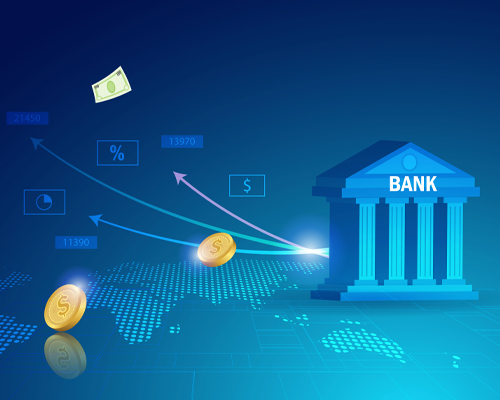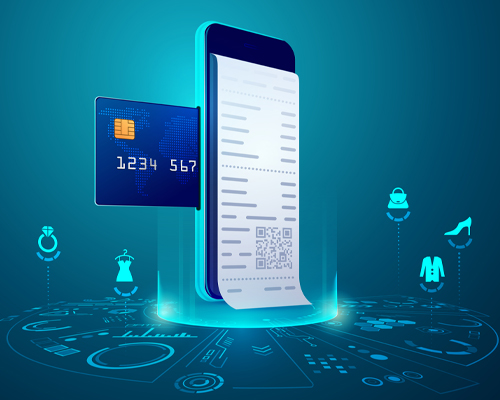Financial Industry
The primary objective of financial industry is to provide economic services to society at large. Generally, all economically developed regions have a thriving financial industry organized and governed by local and international laws to provide such services. A wide range of businesses manage money which encompass banks, credit unions, credit card companies, insurance companies, accountancy companies, consumer-finance companies, stock brokerages, investment funds, and government-sponsored enterprises.
The origins of banking date back from 221 BC in China during the Qin dynasty to 2000 BC in the cradle of civilization where merchants traded grain. The growth and innovation in banking have mirrored the progress in mankind with famous banking families such as Bardi, Peruzzi and Medici in Italy during renaissance period to England during the Industrial age. Today, London, New York and Tokyo have become financial hubs for this vast global industry.

Today, the internet and digitization brings yet another inflection point in the storied history of the financial industry. The internet allows instant executions of transactions of various type and size. Innovations in mobile communication, blockchain, cryptography and distributed ledger provide the industry tremendous opportunities to bring new and compelling products and services to customers while simultaneously reducing cost of these services. Companies that innovate the quickest while still maintaining trust will be the winners.
Investments in Knowledge
Banking services
Commercial banking services
A commercial bank is a financial institution that accepts deposits, offers checking account services, makes various loans, and offers basic financial products like certificates of deposit (CDs) and savings accounts to individuals and small businesses. A commercial bank is where most people and business conduct their banking. Commercial banks make money by providing loans and earning interest income from those loans. The types of loans a commercial bank can issue vary and may include mortgages, auto loans, business loans, and personal loans.
Investment banking services
An investment bank assists corporations and governments in raising capital by underwriting and/or acting as the client’s agent in the issuance of securities. An investment bank may also assist companies with mergers and acquisitions and may provide support services in market making and trading of various securities. The primary services of an investment bank include: corporate finance, M&A, equity research, sales & trading, and asset management. Investment banks earn profit by charging fees and commissions for providing these services and other kinds of financial and business advice.

Electronic Commerce
Electronic commerce or ecommerce is a term used for any type of transaction that involves the transfer of information across the Internet. It covers a range of businesses which cover retail sites which provide goods and services to consumers, business exchanges trading goods and services between corporations, music and video streaming and a host of other services delivered using the internet. This ability to transact business on the internet has emerged as a crucial aspect allowing goods and services to be exchanged with no barriers to distance and time. Growth in electronic commerce is expected to grow rapidly in the next few years blurring the boundaries between traditional and electronic commerce as companies move major parts of their businesses online.
Mobile banking is a key financial service which has leveraged the internet and smartphone to provide convenience to consumers and businesses.

Mobile Banking
A service provided by a bank or financial institution that allows customers to conduct financial transactions remotely using a mobile device such as a smartphone or tablet. Unlike online or internet banking which can be conducted over any standard browser, it uses an app provided by the financial institution for this purpose which includes security safeguards to protect customer transactions over the internet. Mobile banking blurs the concept of time and distance making banking available anytime and from anywhere in the world.

